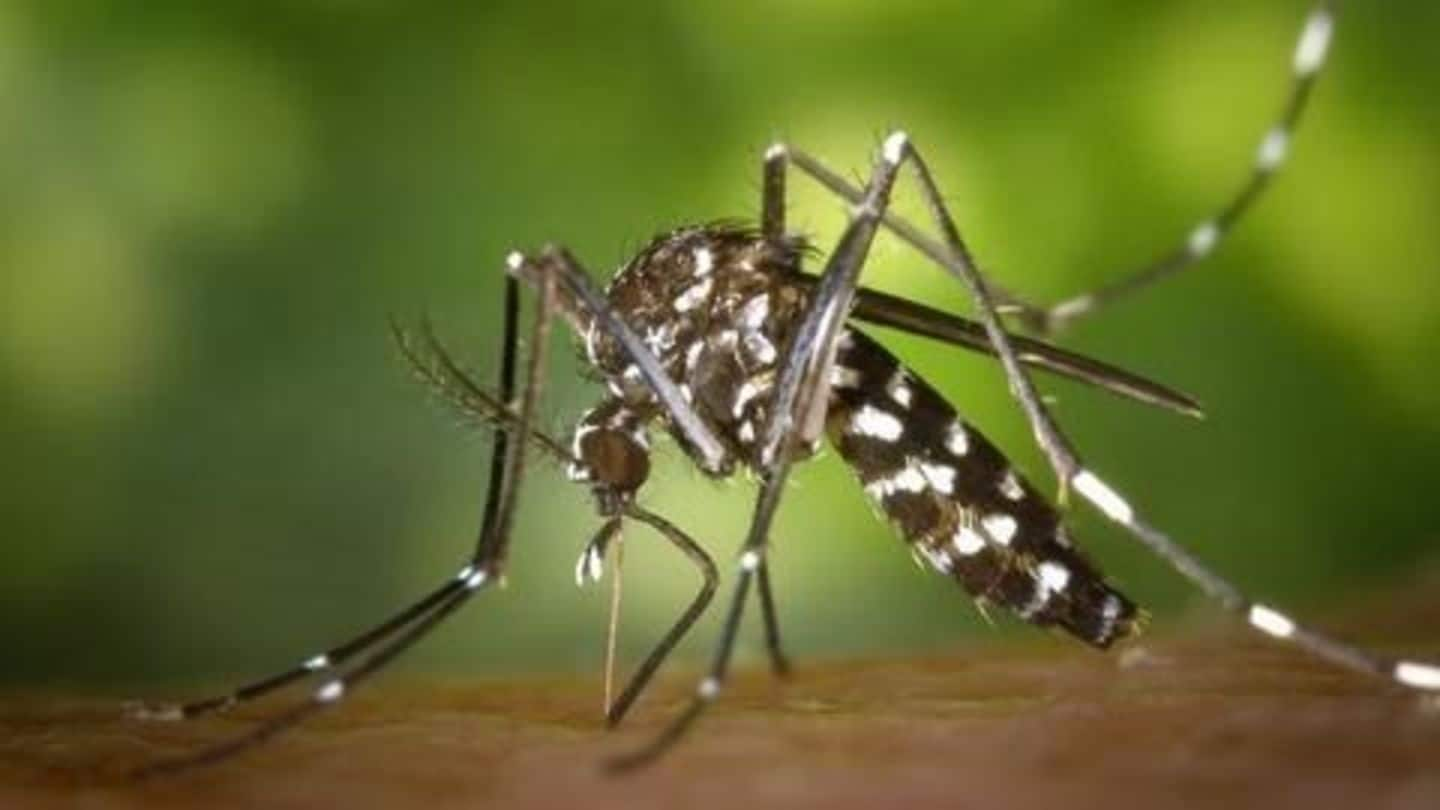
Can smart-tech and robotics eradicate mosquito-borne diseases?
What's the story
As mosquito-borne diseases including Zika and dengue are spreading at an alarming rate, American tech giants plan on bringing robotics and smart technology to fight mosquitoes.
Companies including Microsoft are in the process of forming partnerships with US health officials to test these methods.
This has been termed a revolutionary development in vector control which currently revolves round larvicides and insecticides.
Let's know more!
Background
Why is this important?
Mosquitoes are primary carriers of germs sometimes causing fatal diseases including dengue, Chikungunya and most recently Zika, which revealed its ugly head in Brazil in 2015 causing birth defects in affected newborns.
Aedes aegypti and Aedes albopictus, Zika virus carriers are multiplying fast in different parts of the world including India and Southern US, fuelled by factors including climate change and lifestyle changes.
Microsoft's Smart traps
A device that decides on whether to trap mosquitoes
Microsoft is currently testing ten prototypes of its smart traps in Texas. Almost as big as a birdhouse, these traps employ robotics, cloud computing and infrared sensors on potential carriers.
Unlike common traps that trap all kinds of insects, this uses the shadow cast by flapping of wings to distinguish Aedes aegypti from others.
It shuts its doors after the mosquito gets trapped.
Details
Mosquito birth control
Verily, a California-based life sciences company is developing technology to sterilize male mosquitoes so that the female mosquitoes lay eggs that don't hatch.
This requires millions of sterilized males to be released outside.
Companies working on this including England-based Oxcite and Maryland-based Intrexon Corp have already deployed them in Brazil and is waiting on approval to do the same in Texas and Florida.
Information
Techniques used in mosquito birth control
While Mosquitomate Inc. a Kentucky university start-up was using the Wolbachia bacterium to make male mosquitoes sterile, Verily uses an advanced automated sorting system using robots and combining sensors to sort out male mosquitoes from the females.
Conclusion
Are we all saved from the mosquito curse?
Bringing in technology to curb vector-borne diseases is a novel approach and gives new solutions to large mosquito caused public health crises spread all over the world.
It can further shed more light into mosquito behaviour and make public health policy more effective.
However, the technology is currently only being developed by a select few and might take years for it be available widely.